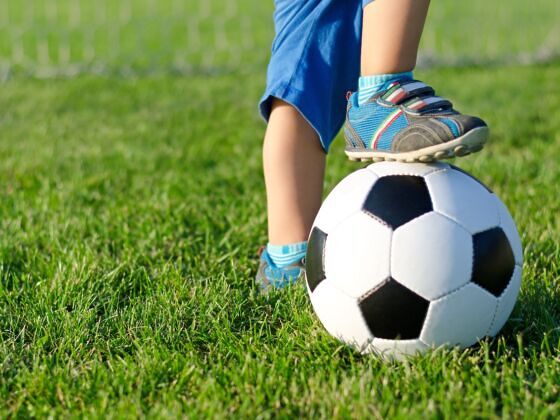Eight-year-old Ashima Shiraishi from the US has been climbing some difficult boulder problems, like Power of Silence (V10) at Hueco Tanks. She started out climbing in Central Park, and has gone on to win the Youth Bouldering Championship.
Then there’s Italian Tito Traversa, another eight-year-old sending V10-V11 boulders.
It’s not all climbing: there’s a three-year-old in Iowa named Wesley Muresan who some people are calling the “next Shaun White”. He’s already doing jumps and taking over halfpipes.
These kids are sure to be star athletes, and they already have thousands of fans, but how do their lives compare to those of the everyday school kid?
